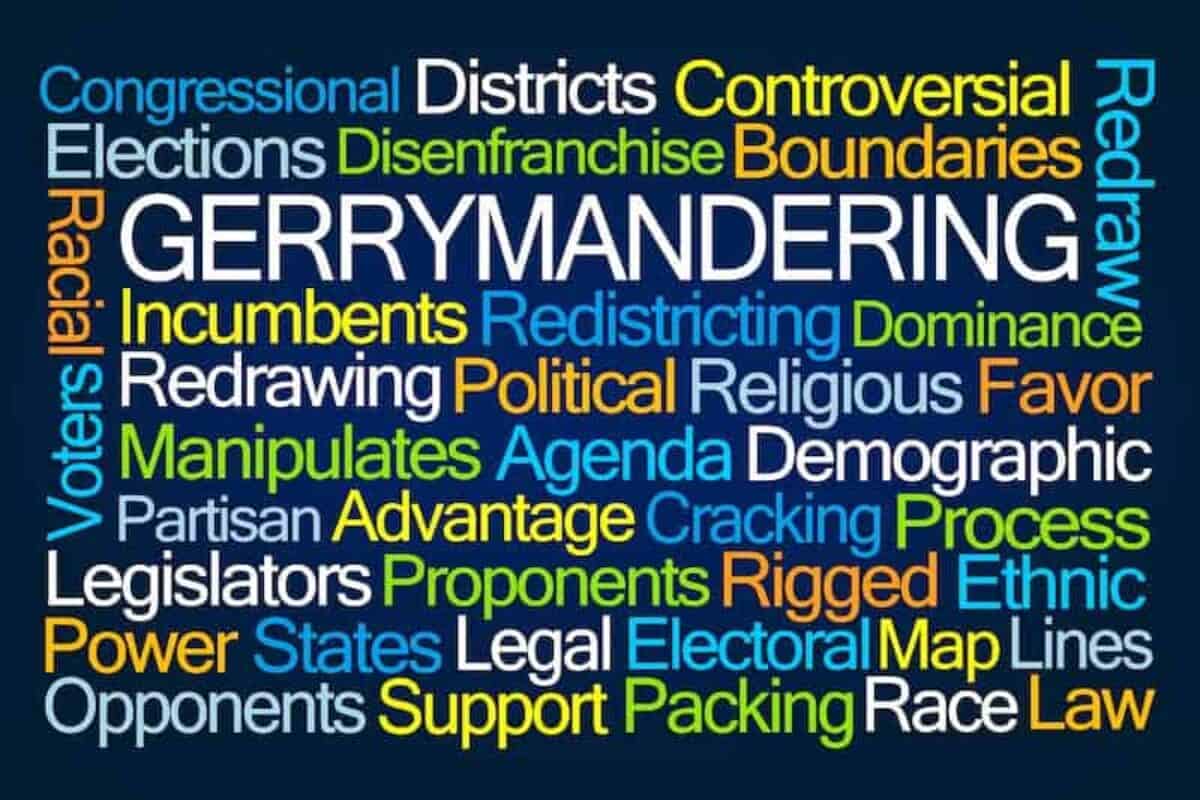BY FOCUS, a Leonine Business
In a move that will likely have legislative repercussions throughout the country, the U.S. Supreme Court ruled on May 22 that state Republicans in North Carolina acted unconstitutionally when redrawing state congressional districts in 2010, reports The New York Times. The case, Cooper v. Harris, found that the Equal Protection Clause of the Fourteenth Amendment prohibits a state from separating its citizens into different voting districts on the basis of race. The court found that North Carolina Republicans, when redrawing districts, unconstitutionally created districts that relied primarily on voters’ race in order to make districts more favorable to Republican candidates.
Similar cases in Alabama and Virginia, where racial gerrymandering was at issue, were also found to be unconstitutional. These consecutive rulings against states found to have committed racially motivated gerrymandering have underscored the current Supreme Court’s stance against racial gerrymandering. Notably in these rulings, conservative Justice Clarence Thomas has sided with the court’s liberal wing against the accused states.
In the wake of this ruling, a similar pending case in Texas has been put on notice by the U.S. District Court in San Antonio. According to Governing, just hours after the Supreme Court’s ruling, the district court ordered the litigants in Perez v. Abbott to submit briefs to the court no later than June 6 detailing how the North Carolina ruling will affect their claims. The court also gave the state of Texas the option to voluntarily undertake redistricting in a special session of the state legislature, which Republican Gov. Greg Abbot declined, despite support for the idea from some state Republicans.
While the ruling in the North Carolina case represents a major victory for opponents of gerrymandering, the ruling was notably tailored to apply only to racial gerrymandering, and does not address the separate issue of partisan gerrymandering. In a dissenting opinion, Justice Samuel Alito moved to defend partisan gerrymandering as constitutional, while stating his personal distaste for it: “Partisan gerrymandering is always unsavory, but that is not the issue here,” writes Justice Alito, “While some might find it distasteful, our prior decisions have made clear that the jurisdiction may engage in constitutional political gerrymandering.” His dissent was joined by Chief Justice Roberts and Justice Kennedy.
During its next term, the court is poised to take up the issue of partisan gerrymandering through a Wisconsin case, Gill v. Whitford. The key issue in the case, which represents a direct challenge to partisan gerrymandering, is whether Wisconsin Republicans acted unconstitutionally when creating district maps in 2010. The Republican-drawn maps turned minor electoral victories and even electoral losses into major legislative wins. According to The New York Times, “Republicans won 48.6 percent of the statewide vote for Assembly candidates but captured 60 of the Assembly’s 99 seats. In 2014, 52 percent of the vote yielded 63 seats.”
In this case, a U.S. District Court struck down a redistricting map created by the Republican legislature in 2010, saying that the map was explicitly “designed to make it more difficult for Democrats, compared to Republicans, to translate their votes into seats.” The Supreme Court is scheduled to hear this case in its next term, which begins in October. How the court will rule on this case is ripe with speculation, and will potentially open the door to major partisan changes in both state legislatures and the U.S. Congress.


